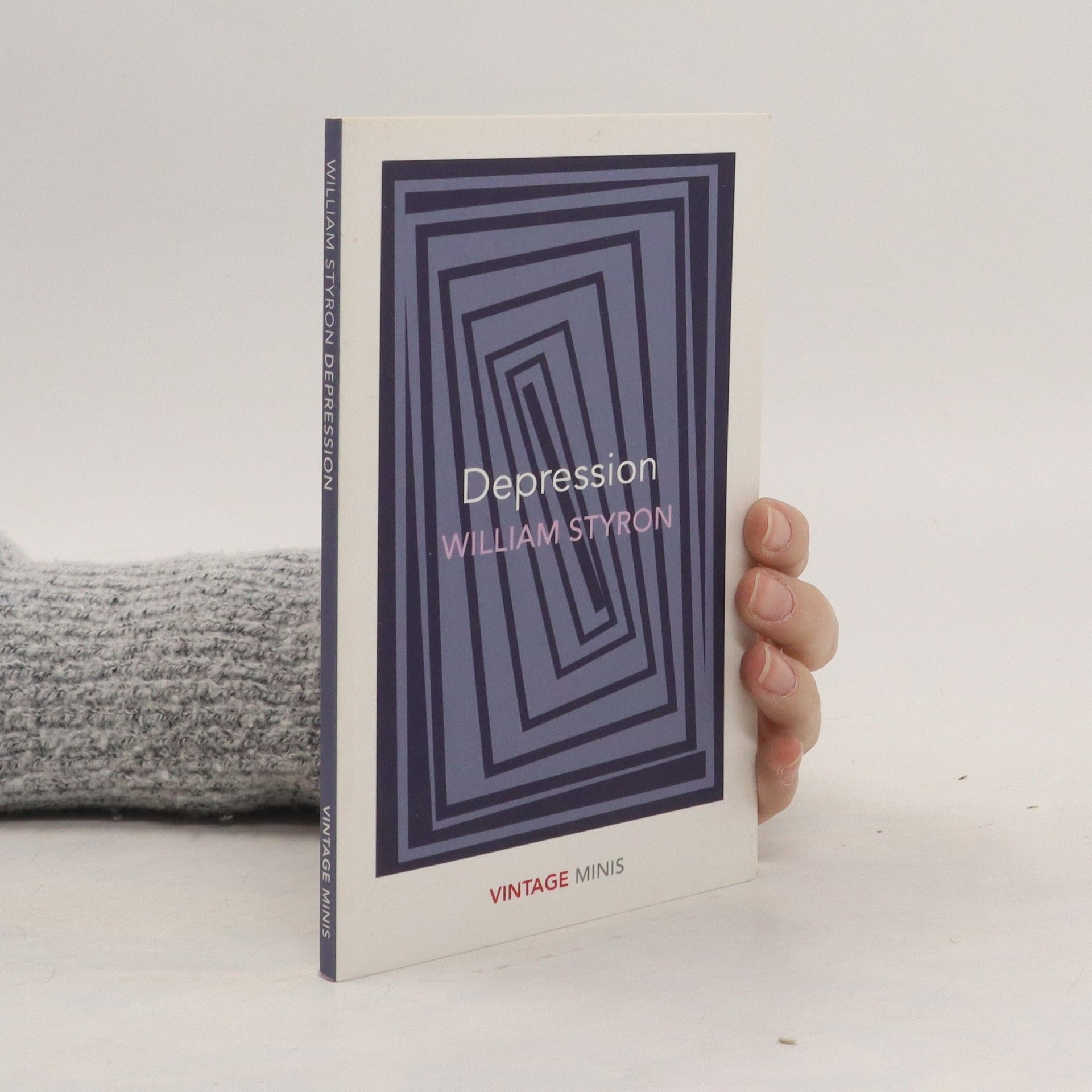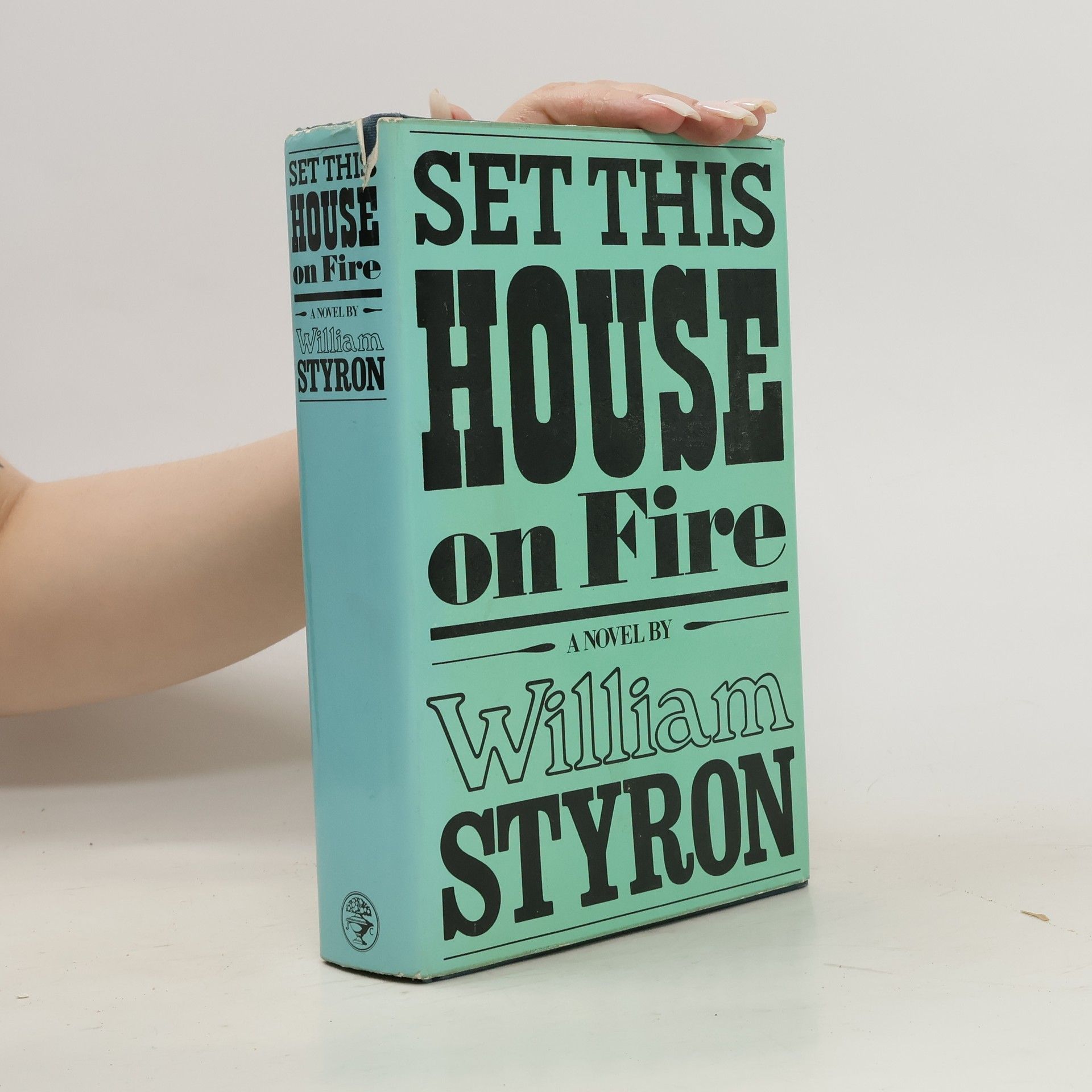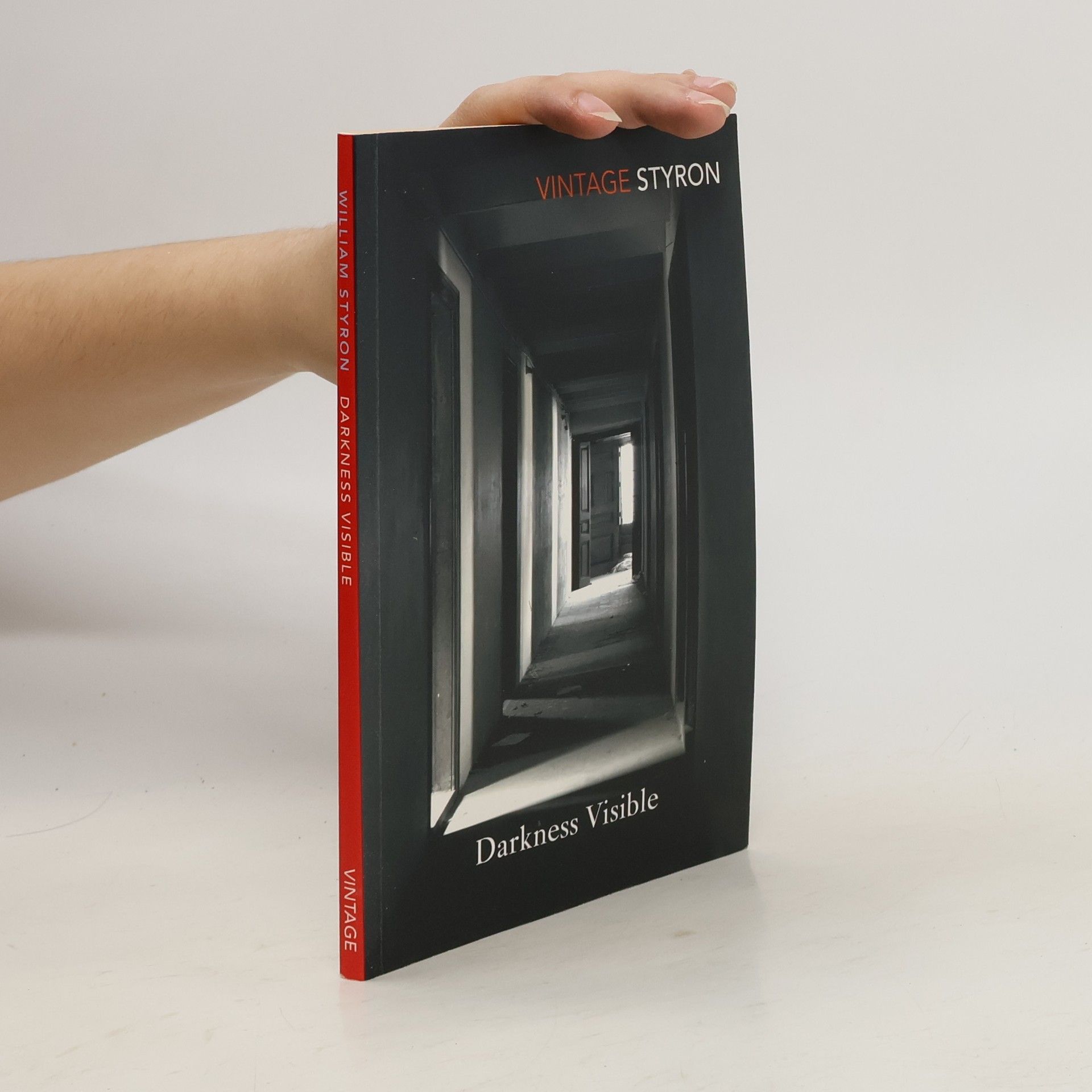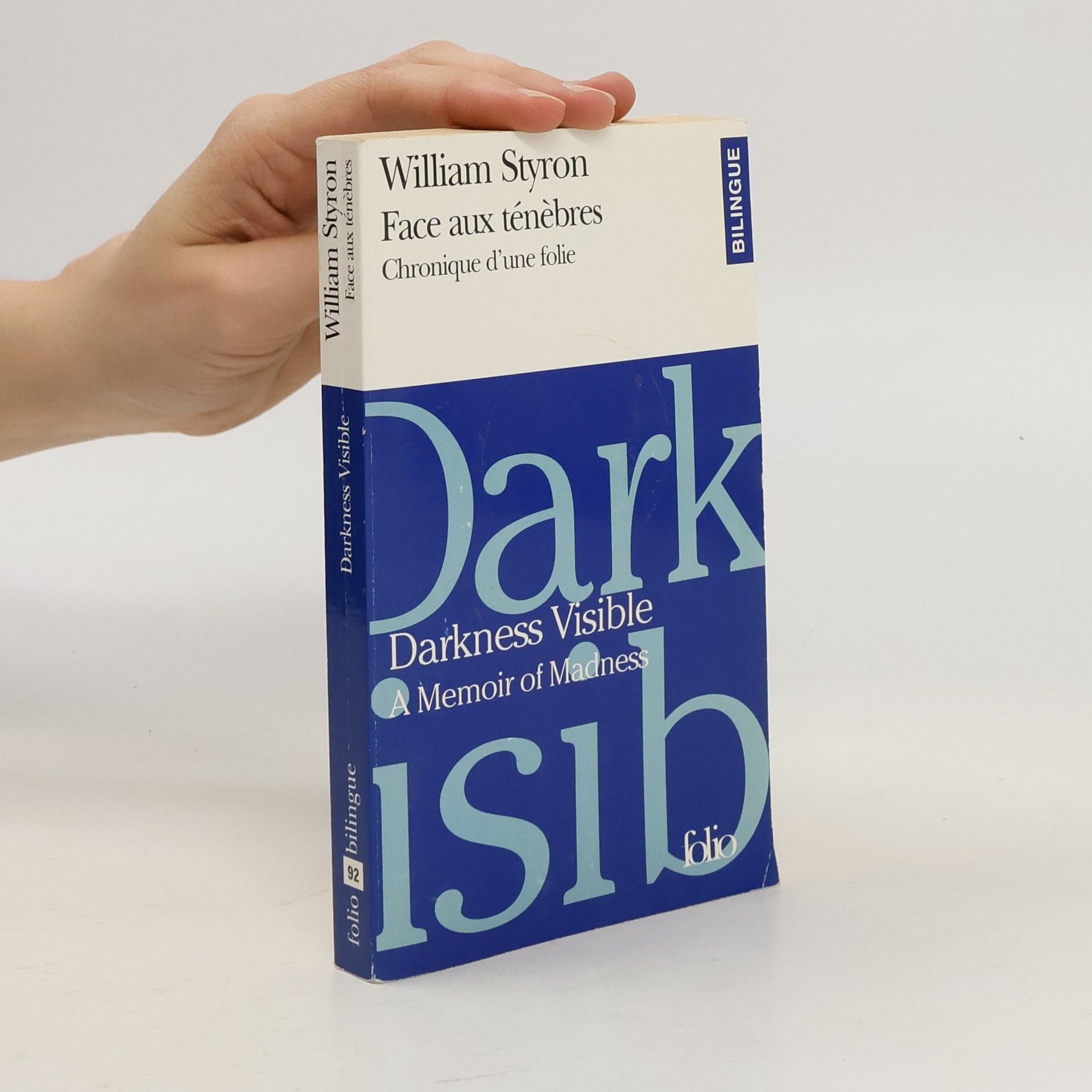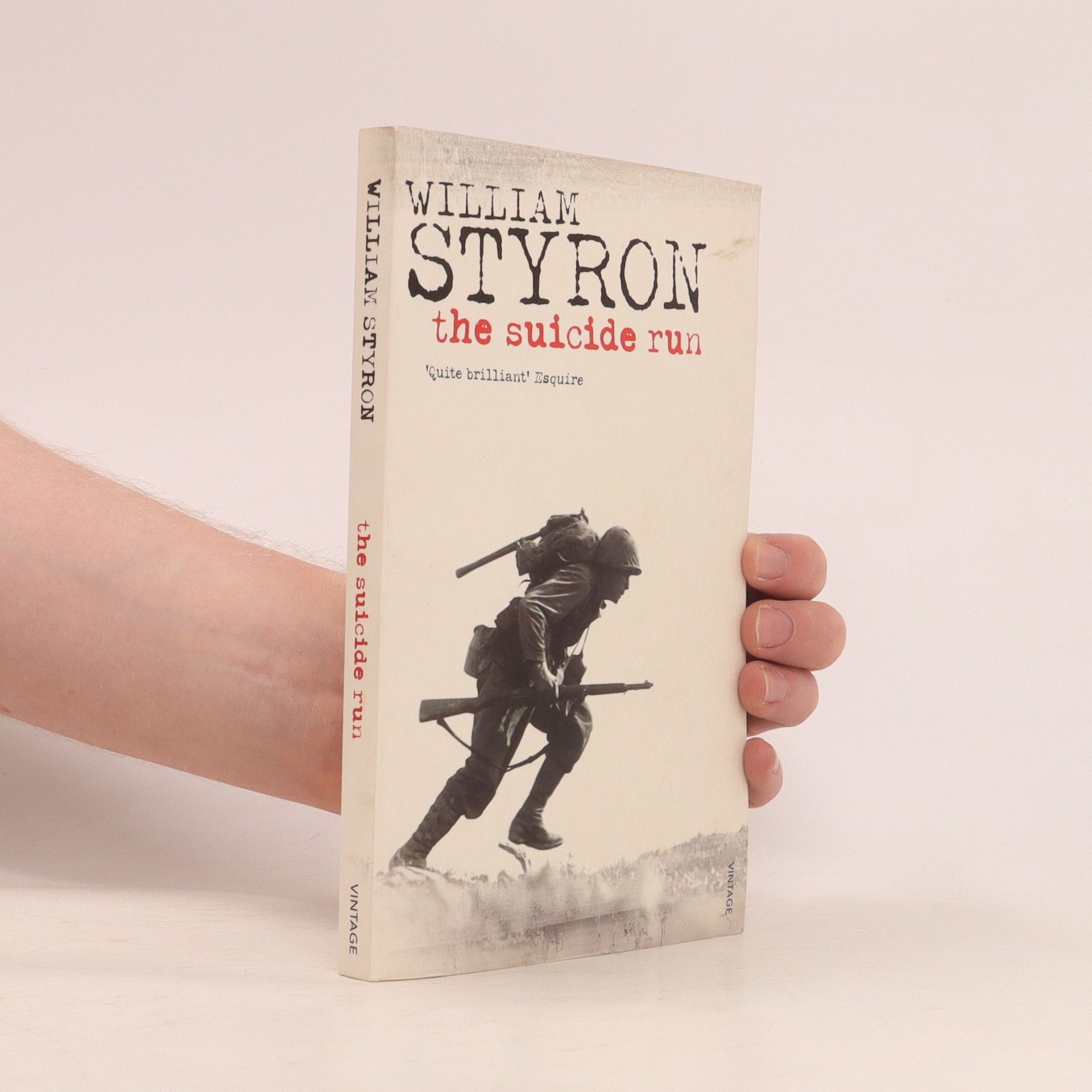Ciemność widoma
- 143 pages
- 6 hours of reading
PRZEŁOMOWE, DO BÓLU PRAWDZIWE, ŚWIADECTWO WALKI Z DEPRESJĄ Depresja to powszechne zaburzenie psychiczne, które dotyka setek milionów osób na całym świecie niezależnie od płci i wieku. Połowa z nich miewa myśli samobójcze, a jedna piąta skutecznie odbiera sobie życie. Ciemność widoma. Pamiętnik o szaleństwie to pozycja wybitna, zarówno w kategoriach literackich, jak i psychologicznych, dziś uważana za jedną z najważniejszych osobistych relacji ludzi cierpiących na depresję. Opowieść o życiu w mrokach udręczonego umysłu i o sposobach wychodzenia z tego stanu przyczyniła się wydatnie do nagłośnienia choroby, wokół której zawsze panowało kłopotliwe milczenie. Styron wpuścił czytelnika w dramatyczny świat swojego pogrążonego w depresji umysłu i ze wstrząsającą dosłownością opisał własne cierpienia. Fascynujący i wstrząsający portret wyniszczającej choroby… – „The New York Times”

